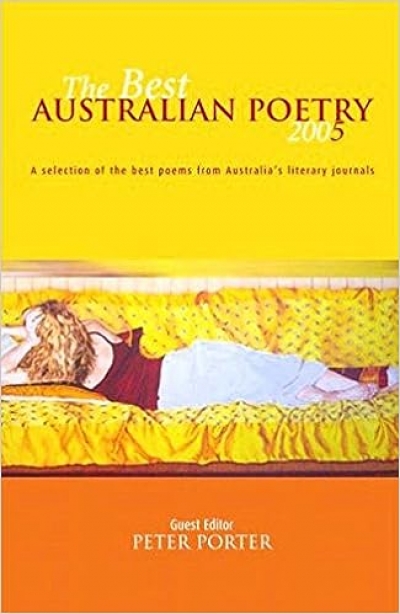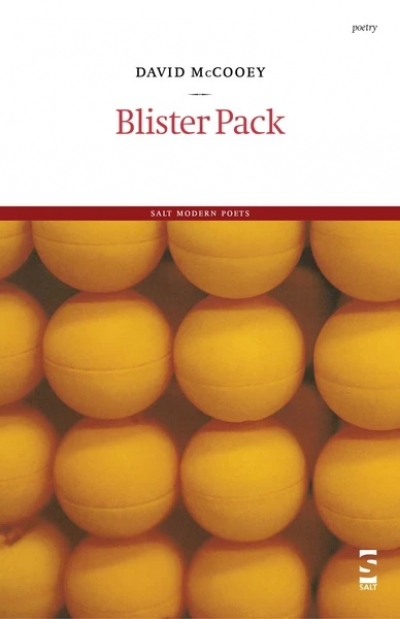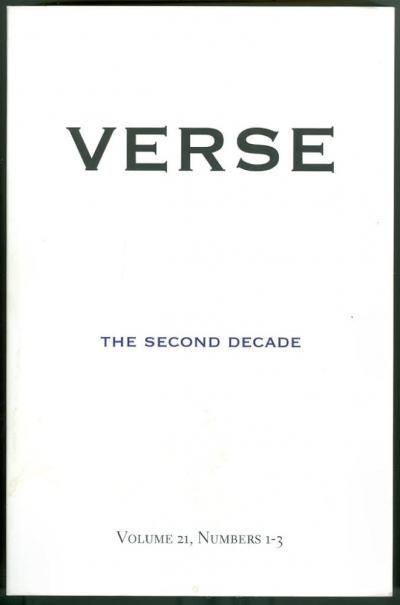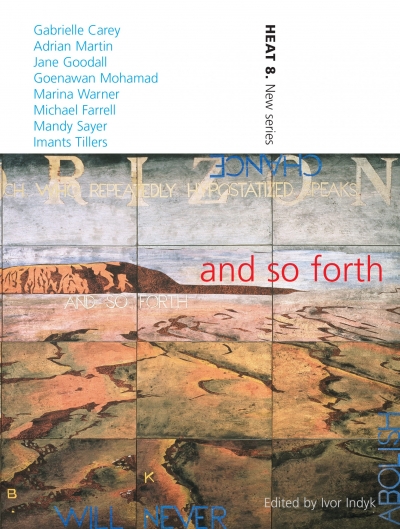David McCooey
To celebrate the best books of 2005 Australian Book Review invited contributors to nominate their favourite titles. Contributors include Morag Fraser, Peter Porter, Kerryn Goldsworthy, Nicholas Jose and Chris Wallace-Crabbe.
... (read more)Jacket edited by John Tranter and Pam Brown & Space edited by Anthony Lynch and David McCooey
by Lisa Gorton •
Verse: The second decade vol. 21, nos. 1-3 edited by Brian Henry and Andrew Zawacki
by David McCooey •
Heat 8 edited by Ivor Indyk & Life Writing Vol. 1 No. 2 edited by David McCooey
by Melinda Harvey •
To celebrate the best books of 2004 Australian Book Review invited contributors to nominate their favourite titles. Contributors included Dennis Altman, Brenda Niall, Kerryn Goldsworthy, Morag Fraser and Chris Wallace-Crabbe.
... (read more)






